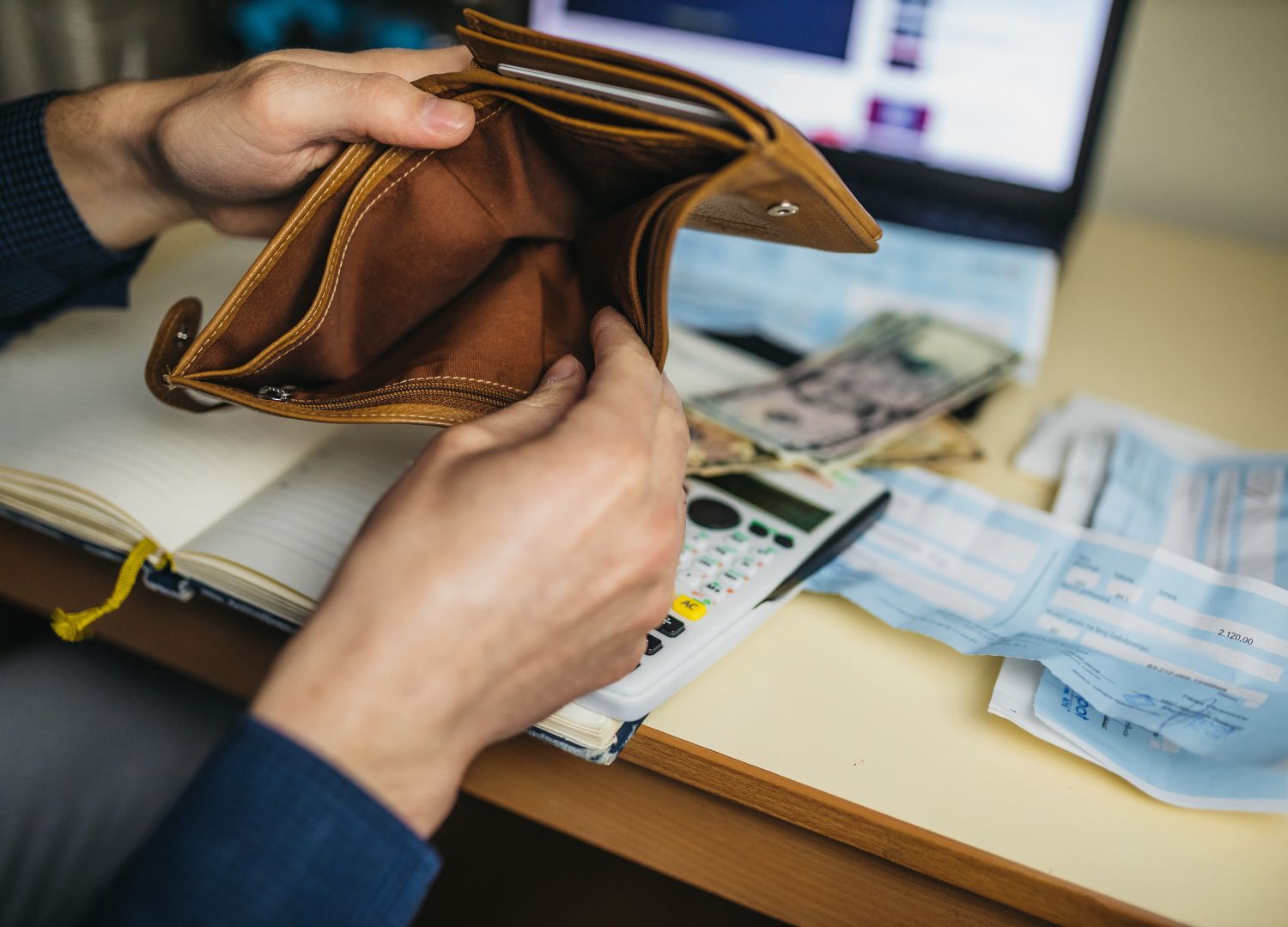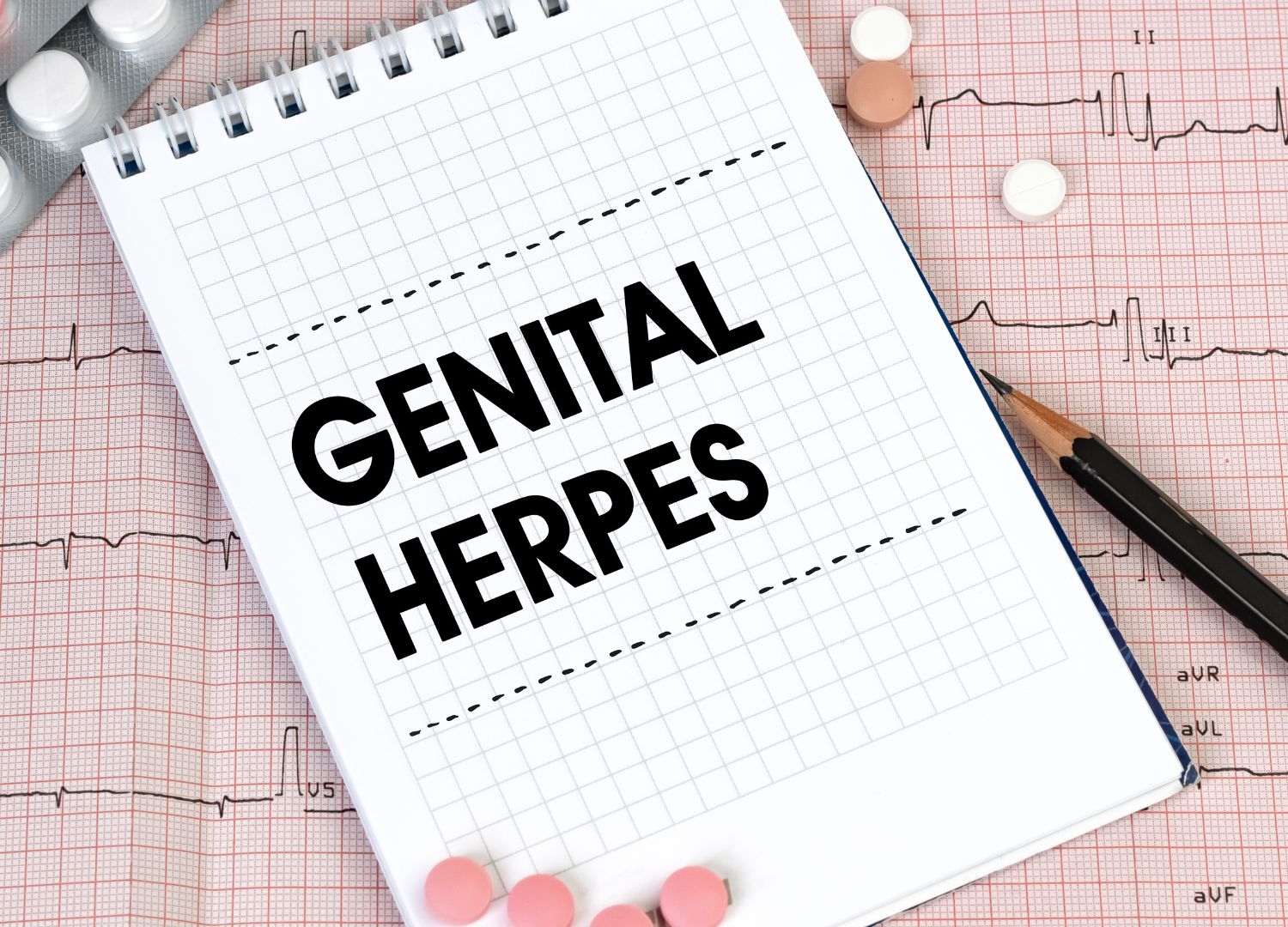
Understanding Gambling Addiction
People dey see gambling as form of entertainment and potential financial gain, but two seconds e fit turn into severe addiction for many people. Gambling addiction, also known as compulsive gambling or gambling disorder, na behavioral addiction wen dey characterized by the uncontrollable urge to gamble despite negative consequences. Similar to substance addiction, e dey involve the brain reward system, where the anticipation of a win go trigger release of dopamine, wen go reinforce the behavior. Over time, people with gambling addiction dey experience loss of control, dem dey continue to gamble despite severe financial, emotional, and social repercussions.
Signs and Symptoms
To identify gambling addiction fit dey challenging, as people fit hide dia behavior due to shame or denial. Common signs to watch out for na:
● Preoccupation: constant thoughts about gambling and planning the next bet, sometimes at the expense of other responsibilities.
● Loss of control: dem nor go fit to stop to gamble, even wen dem dey aware of the negative consequences.
● Financial problems: debts go full everywhere, dem go begin borrow money, or find illegal means to fund gambling habits.
● Emotional distress: mood swings, irritability, anxiety, or depression related to gambling outcomes.
Effects of Gambling Addiction
The consequences of gambling addiction dey extend beyond the person e dey impact families, communities, and society at large:
● Financial hardship: people with gambling addiction dey spend large amounts of money feeding the habit. Compulsive gamblers fit experience bankruptcy, job loss, homelessness, and strained interpersonal relationships due to financial mismanagement.
● Psychological effects: gambling dey bring about high financial losses and interpersonal challenges wen fit result to depression, anxiety disorders, substance abuse, and suicidal thoughts or attempts.
● Social isolation: many compulsive gamblers dey steal from friends and families to fund the habit. dem fit use funds meant for school fees, house rents, or even company projects. Consequently, dem go lose dia social support networks, withdraw from family and friends, and experience strained interpersonal relationships, and legal issues.
How to Manage am?
1. Cognitive Behavioral Therapy (CBT): this na therapeutic strategy used to help individuals identify and change harmful thought patterns and behaviours associated with gambling.
2. Motivational Interviewing: this is a treatment strategy wen dey encourages people to explore and resolve dia indecision towards changing their gambling behavior.
3. Medication: for some cases, medication like antidepressants or mood stabilizers go dey prescribed to manage co-occurring mental health disorders like depression or anxiety.
4. Support Groups: programs like Gamblers Anonymous dey provide peer support, encouragement, and accountability.
Conclusion
Gambling addiction na serious condition wen dey affect people, their families, and their communities. While gambling look like say na enjoyable, harmless past-time, e fit quickly turn to harmful social addiction with negative consequences for the person. Through education, support, and early intervention, recovery from gambling addiction dey possible.












